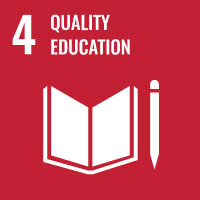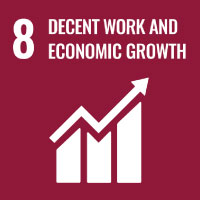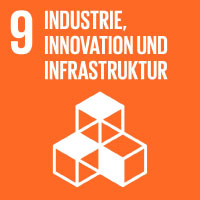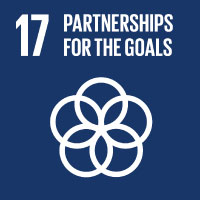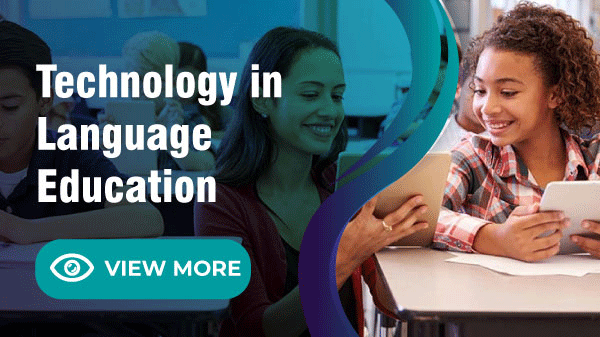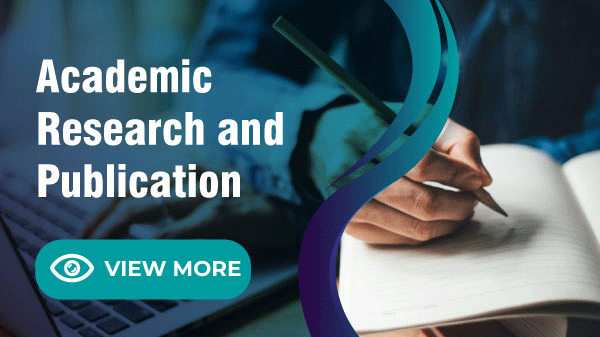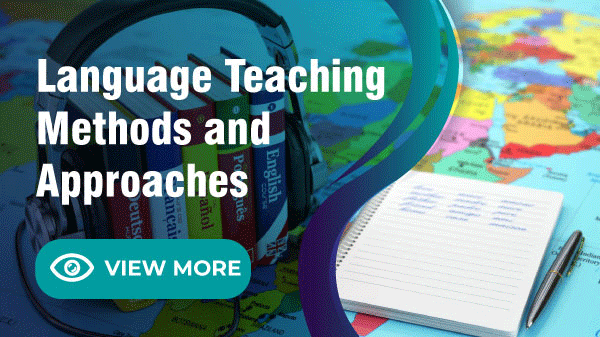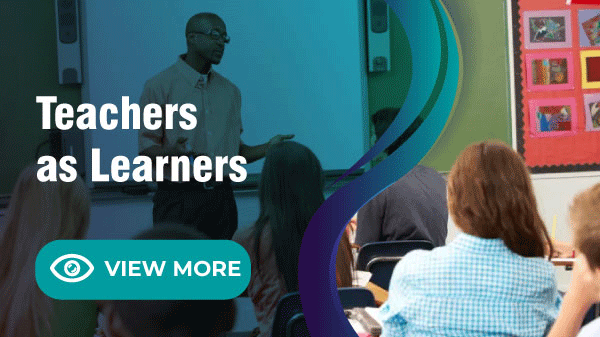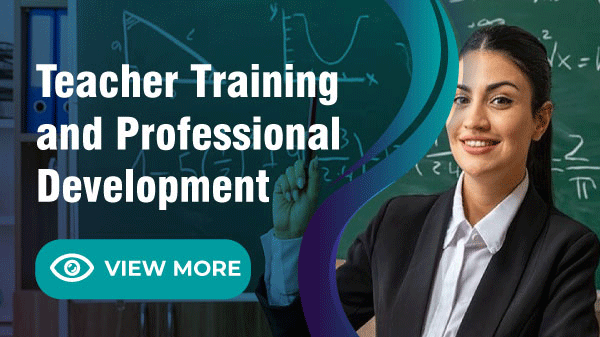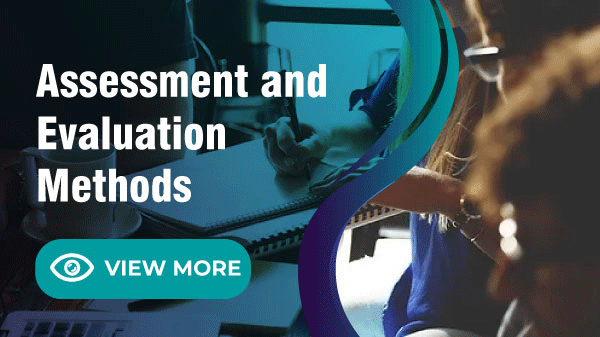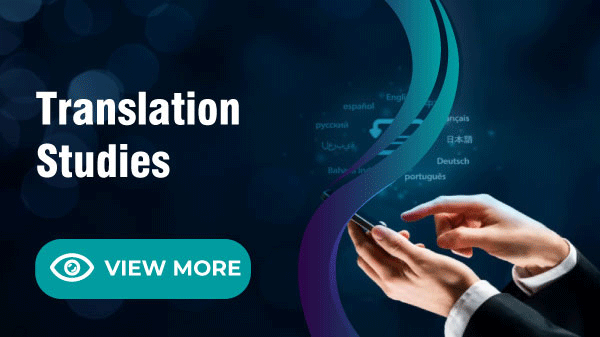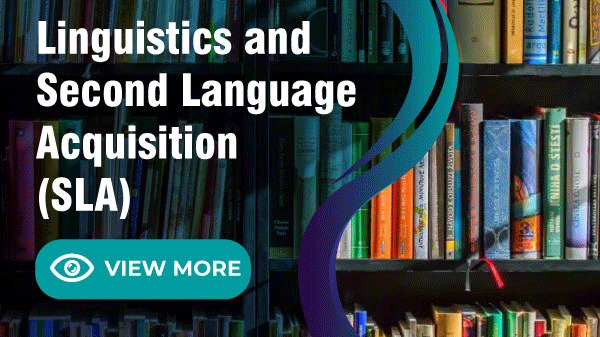Academic Research
and Publication
Session Overview
This session focuses on the latest trends in academic publishing, including research methodologies, ethical guidelines, and publication standards. Attendees will gain insights into crafting impactful research, navigating peer review processes, and selecting reputable journals. Emphasizing quality research contributes to SDG 4 by expanding academic resources for educators and researchers, fostering a collaborative environment that advances language education and policy-making globally.
Academic Research and Publication is
contribution to
The
Sustainable
Development Goals:
Goal 4: Quality Education
Goal 8: Decent Work and Economic Growth
Goal 9: Industry, Innovation, and Infrastructure
Goal 17: Partnerships for the Goals
Who Can Join
Tracks
Topics of Interest for Submission include, but are not limited to:
1 Research Design in Language Studies
2 Qualitative and Quantitative Methods
3 Ethics in Academic Publishing
4 Effective Research Writing
5 Open Access Publishing
6 Peer Review Process
7 Impact Factors and Journal Selection
8 Literature Review Techniques
9 Data Interpretation
10 Academic Networking
11 Cross-disciplinary Research
12 Meta-analysis in Language Research
13 Emerging Trends in Language Research
14 Language Education Journals
15 Authorship and Publication Rights
Key Themes ICLTL -2024
- Academic research and publication are essential for documenting and sharing insights into language education. This session highlights effective research methodologies, including qualitative and quantitative analysis, that contribute to a deeper understanding of language acquisition, bilingualism, and pedagogical effectiveness. Participants will learn to navigate the publishing process, covering ethical guidelines, data integrity, and peer-review practices. By embracing these standards, researchers can make valuable contributions to high-impact journals, enhancing both personal credibility and the academic community’s resources.
- In addition, the session focuses on emerging trends and challenges in language research, encouraging innovative thinking and exploration of new topics. This aligns with SDG 4 by supporting educators and researchers in continuous learning and improvement. Attendees will also gain practical strategies for selecting appropriate journals, handling reviewer feedback, and making research accessible to broader audiences. By empowering researchers with these tools, the session aims to foster a culture of rigorous scholarship that can advance language education globally.
Theme: Driving impactful language research and scholarly publication for knowledge advancement.
Scope & Benefits of Attending ICLTL-2024 conference

Benefits of Attending ICLTL
2024
- Attending these sessions provides invaluable scope and benefits aligned with SDG goals, Scopus publication opportunities, certifications, awards, and IFERP scholarships:
- SDG Contributions: By enhancing skills and knowledge in modern language teaching, research publication, and cross-cultural communication, attendees actively support global SDG objectives, particularly SDG 4 and 17, through impactful educational practices
- Scopus Publication Opportunities: Attendees have the chance to publish their research in recognized Scopus-indexed journals, contributing to global scholarship in language education and enhancing their academic and professional profiles.
- IFERP Awards, Certifications, and Scholarships: Participation in ICLTL-2024 brings certification of participation, eligibility for awards recognizing research excellence, and potential scholarships, which underscore professional growth, acknowledgment, and support for continued academic contribution.
Author Guidelines
Guidelines for Abstract Submission:
- Language: Abstracts must be written in English.
- Length: Limited to one paragraph with 200-250 words.
- Format: Submit in MS Word (.doc or .docx) document format.
- Content: Abstracts should provide an informative summary of the original work. Include a brief biography with your abstract, following the example provided in the template.
- Formatting: Center-align the Title, Author's Names, and Affiliations. Underline the presenting author's name.
- Submission: Please submit your abstract through the designated submission portal.
- Acknowledgment: Upon abstract submission, you will receive an acknowledgment email within three working days.
Evaluation Process
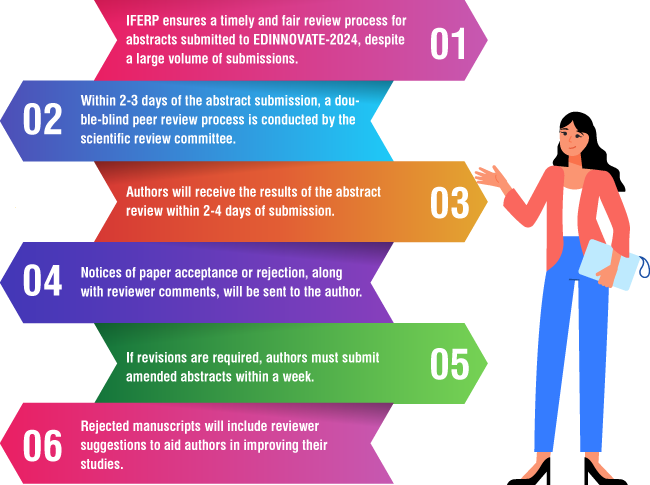
Guidelines for Full Paper Submission
If your abstract has been accepted and the registration fee for ICLTL-2024 has been paid, you are invited to submit the full paper. Please adhere to the following guidelines for the submission:

- Total number of pages: 6-8 in double-column format
- Language: English (checked for grammar and language errors)
- Tables, figures, and images should be properly named and of high quality.
- Keywords should be written in lowercase letters (except for names/scientific names) and separated by commas.
- Affiliation names, including the country, must be provided.
- Each paper should be structured into the following sections:
- Background, Motivation, and Objective
- Statement of Contribution/Methods
- Results, Discussions, and Conclusions
Once your full paper is prepared according to the above instructions, please proceed to submit it through the provided link. Submit your Full paper Here.

